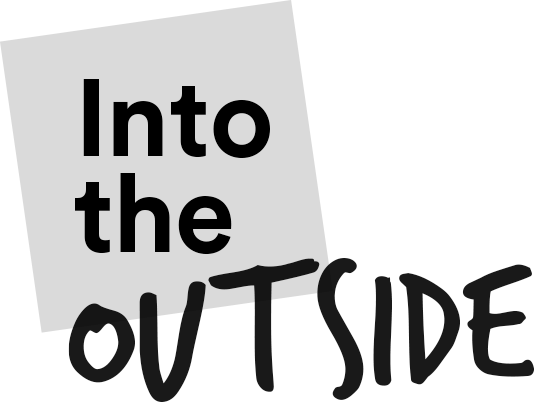Key Archives to Explore
Queer Heritage in Brighton
2017 marks 50 years since the Sexual Offences Act of 1967 that partially decriminalized homosexuality in the UK. Young people identifying as LGBTQ+ today face a totally different set of challenges to those faced by young people fifty years ago. The laws may have changed, but many young people still deal with homophobic abuse, or feel isolated and alone as they come to terms with their sexuality or gender identity. Learning about the struggles and triumphs of the community in the past has helped young people taking part in this project to feel connected and develop a sense of belonging.
The young people we consulted for our project said that they were keen to find out about the lives and experiences of other young people who identified as LGBTQ+ in the past. They wanted to know what their social life was like, how they fitted in, and how easy or hard it was for them coming out.
Engaging with queer heritage helps young people understand what it meant to live as lesbian, gay, bisexual or trans gender in the late-twentieth and early-twenty-first centuries.
There are many archives, libraries and museums across the UK with diverse and publicly accessible collections charting LGBTQ+ history through political activism, government legislation and personal accounts. Learning about individual’s lives and placing this within a wider political and social context enables young people to make sense of their own experiences.


